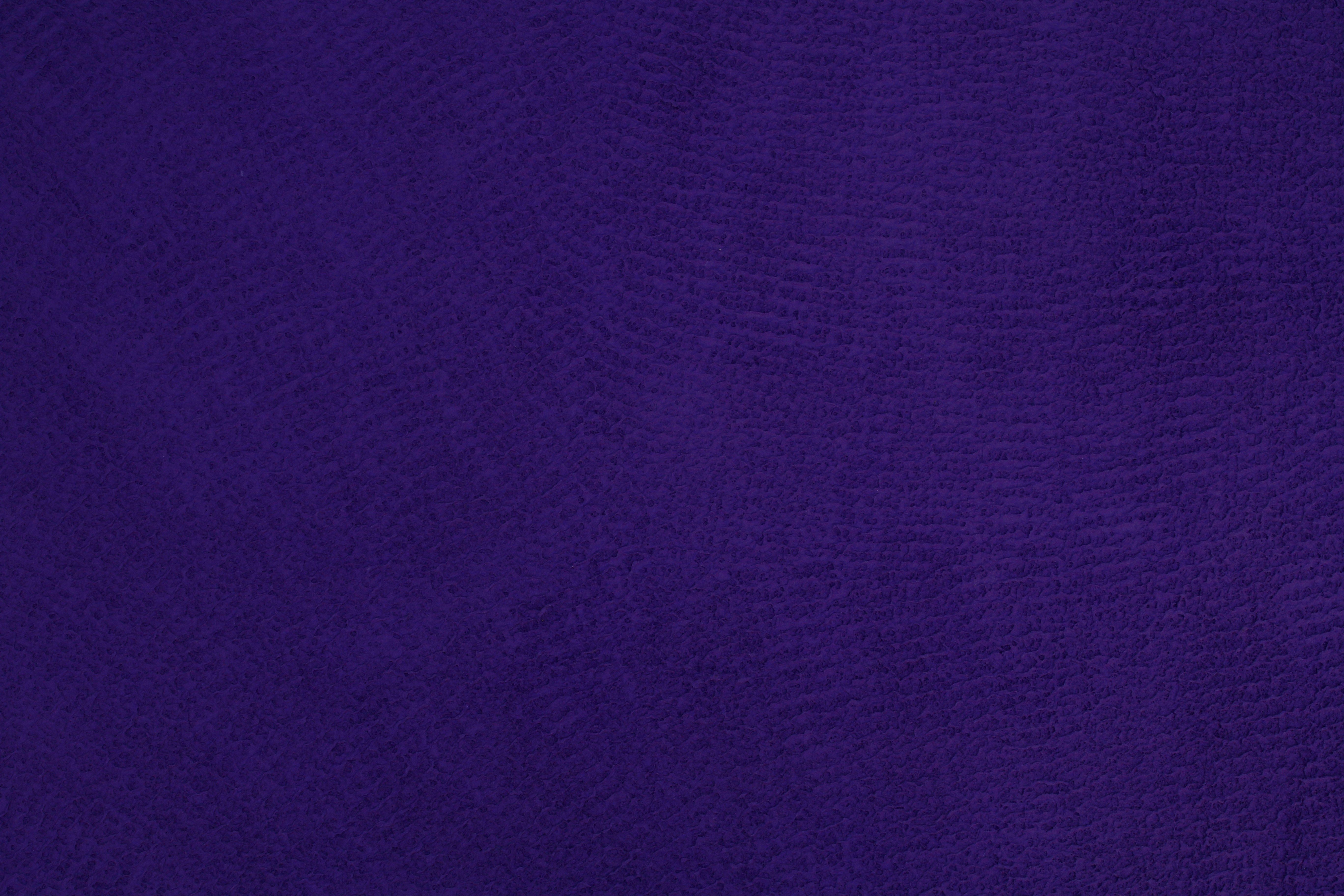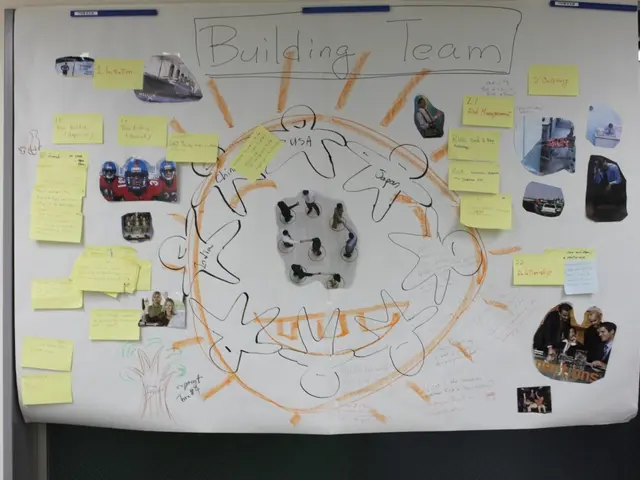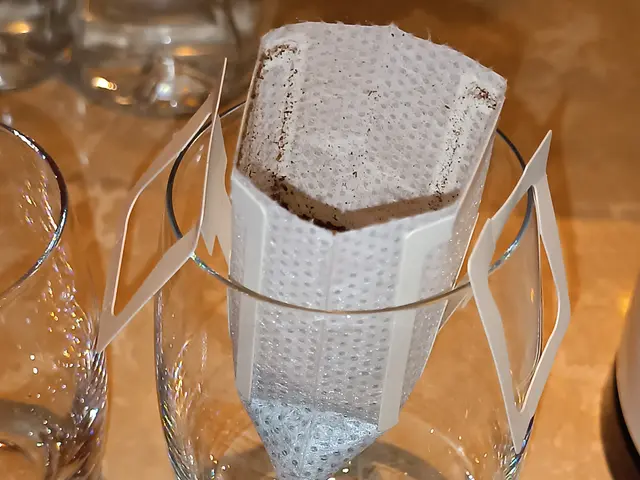Exploring Strategies for Managing C3 Glomerulopathy (C3G) Disease
Raw, unfiltered insights on C3 glomerulopathy (C3G) treatment:
Hey there! Let's chat about C3 glomerulopathy (C3G), a rare kidney condition affecting roughly 2 to 3 individuals per million. This disease causes protein buildup in the kidney's filtering tissues, leading to impaired kidney function and, in some cases, kidney failure.
As of now, there's no cure for C3G. Typically, treatment involves strategies to support kidney health and suppress the immune system. New and emerging treatments zero in on proteins responsible for disease activity.
You're probably wondering what causes this condition, right? Well, it's due to genetic changes that alter proteins managing the body's complement system – a vital part of the immune system. It triggers an excessive amount of C3 protein, which forms deposits in the kidney, particularly in the glomeruli. These deposits lead to progressive damage to the glomeruli, hindering the kidneys' ability to filter toxins.
Besides genetic changes, most C3G patients carry antibodies that impair the complement system’s regular function. Interestingly, some studies suggest a genetic link between family members with the condition, but experts believe these genetic changes are not strictly inherited.
Current treatments can't reverse or prevent C3G. Instead, they aim to slow down kidney damage. Guidelines from the Kidney Disease: Improving Global Outcomes (KDIGO) recommend supportive interventions to help slow and prevent kidney damage. As kidney function declines, the guidelines suggest immunosuppressive therapies.
A few common treatment options include ACE inhibitors and ARBs, which lower blood pressure and protect against proteinuria (protein leakage through the kidneys' filters). Other treatments involve medications like Mycophenolate mofetil (MMF) and glucocorticoids, which suppress the immune system.
Recent advances in research have led to the development of new treatments aimed at intercepting C3G activity within the complement system. Some medicines in various clinical trials include pegcetacoplan, ARO-C3, iptacopan, danicopan, avacopan, KP104, and narsoplimab.
As for dietary factors, eating foods that reduce sodium, potassium, and phosphorus, balance protein and healthy fat levels, and manage fluid intake can help reduce the burden on the kidneys. Some individuals with kidney conditions may choose to work with a dietitian to create a supporting yet nutritious diet plan.
Stay tuned for more updates and advancements in C3G treatments! Remember, the key to managing this condition lies in slowing kidney damage and improving the quality of life for patients. Let's keep crossing our fingers for better options in the near future!
- In the realm of health and wellness, C3 glomerulopathy (C3G), a rare kidney disease, remains an area of uncategorized medical-conditions that requires ongoing research.
- This chronic kidney disease, affecting 2 to 3 people per million, triggers protein buildup in the kidney's filtering tissues, interfering with kidney function and sometimes leading to kidney failure.
- As of now, science lacks a cure for C3G, but current treatments focus on strategies to support kidney health and suppress the immune system.
- These treatments aim to slow down kidney damage, with new and emerging therapies zeroing in on proteins responsible for disease activity.
- C3G is caused by genetic changes that affect proteins managing the body's complement system, a significant part of the immune system.
- These changes cause an excessive amount of C3 protein, which results in deposits in the kidney, particularly in the glomeruli, causing progressive damage to the filters.
- Beyond genetic changes, most C3G patients have antibodies that impair the complement system’s regular function, potentially offering a link between family members with the condition.
- Some studies suggest a genetic connection in C3G, although experts believe these genetic changes are not strictly inherited.
- Guidelines from the Kidney Disease: Improving Global Outcomes (KDIGO) recommend supportive interventions to help slow and prevent kidney damage for individuals suffering from C3G.
- Common treatment options involve ACE inhibitors and ARBs, which lower blood pressure and protect against protein leakage through the kidneys' filters.
- Other treatments include medications like Mycophenolate mofetil (MMF) and glucocorticoids, which suppress the immune system.
- Research advancements have led to the development of new treatments targeting C3G activity within the complement system, such as pegcetacoplan, ARO-C3, iptacopan, danicopan, avacopan, KP104, and narsoplimab.
- In terms of fitness and exercise, maintaining a regular fitness regimen can help improve overall health, supporting the kidney health of C3G patients.
- Proper nutrition plays a vital role in kidney health, and eating foods that reduce sodium, potassium, and phosphorus, balance protein and healthy fat levels, and manage fluid intake can help reduce the burden on the kidneys.
- Consulting with a dietitian may prove beneficial for individuals with kidney conditions to create a nutritious yet supportive diet plan to aid in their ongoing health journey.








